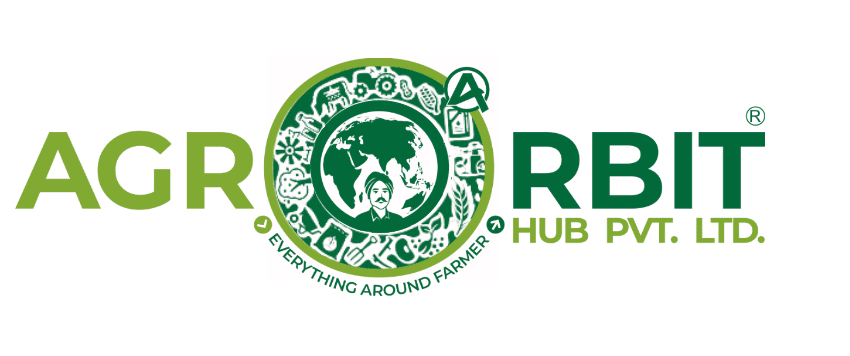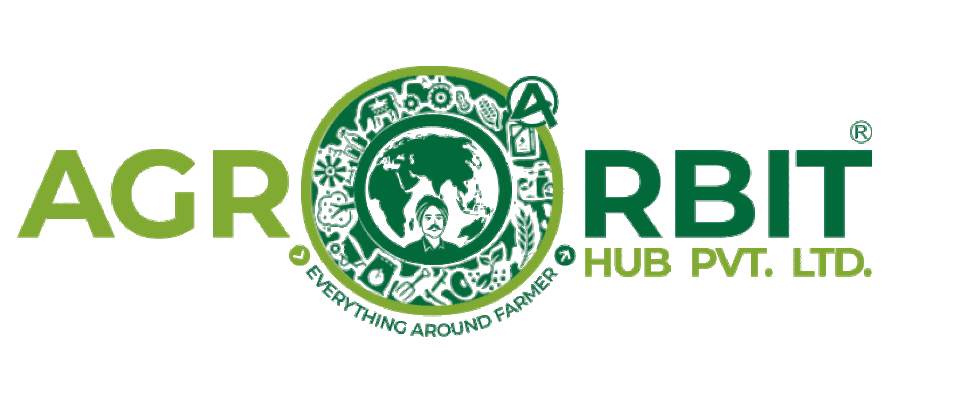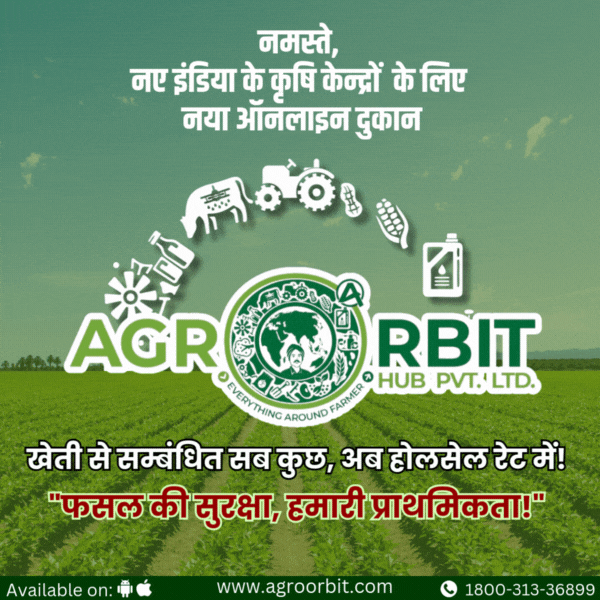

Utilizing technology to improve agricultural efficiency
INTRODUCTION
In
today's rapidly advancing India, technology has become the backbone of various
sectors, and agriculture is no exception. From farm management software to
drone technology, there is a wide array of technological advancements available
to enhance efficiency in agriculture.
Utilizing technology to improve agricultural efficiency is
crucial for meeting the demands of a growing global population, increasing food
production sustainably, and mitigating environmental impacts.
"Precision Agriculture, Progressive
Solutions: Advancing with Technology"
Technology in Agriculture
Agriculture
has witnessed a transformational shift with the integration of technology.
Traditional farming methods are now being replaced by innovative solutions that
streamline various processes. These technological advancements aim to optimize
farm operations, reduce costs, and improve overall productivity.
Agricultural Technology Solutions
Farm
management software is one of the key technological solutions that have
revolutionized the way farmers manage their operations. These software
applications allow farmers to monitor
crops, track inventories, manage finances, and even analyze weather conditions
for better planning.
Precision Agriculture Tools
The
advent of precision agriculture tools has enabled farmers to make data-driven
decisions to maximize their yields. These tools utilize sensors and GPS
technology to gather information about soil conditions, crop growth, and
irrigation needs. With real-time data, farmers can precisely apply fertilizers
and water only where needed, resulting in reduced waste and improved
efficiency.
Smart Farming Techniques
The concept of smart farming integrates various technologies such as IoT, automation, and data analytics to optimize farming processes. By using sensor-based irrigation systems, farmers can monitor soil moisture levels and automatically control watering schedules. This ensures that crops receive the right amount of water, reducing water usage and minimizing the risk of over or under watering.


Internet of Things in Agriculture
The
Internet of Things (IoT) has found its way into agriculture, enabling farmers
to remotely monitor and control their farming operations. IoT devices such as soil
sensors, weather stations, and crop monitoring systems provide real-time data that can be accessed
through smartphones or computers. This data empowers farmers to make informed
decisions, leading to improved agricultural efficiency.
Automated Farming Equipment
Automation
is revolutionizing the agriculture industry, making labour-intensive tasks easier and more efficient. Automated farming
equipment such as robotic harvesters and
autonomous tractors minimize human intervention while increasing
productivity. These machines can perform tasks with precision, reducing errors
and saving time, ultimately leading to increased agricultural efficiency.
Data-Driven Farming Practices
Harnessing the power of data is crucial for improving agricultural efficiency. Data analytics tools enable farmers to analyse data collected from various sources, including weather patterns, soil conditions, and crop growth. By identifying patterns and trends, farmers can optimize their farming practices, leading to improved crop yields and reduced costs.
Drone Technology in Agriculture
Drone
technology has emerged as a game-changer in agriculture, offering a unique
perspective on crop monitoring. Equipped with
high-resolution cameras and sensors, drones can capture detailed images and
collect data about crop health, soil conditions, and pest infestations.
This information helps farmers make timely interventions, leading to more
effective pest control and disease management.
Artificial Intelligence in Farming
Artificial
intelligence (AI) has the potential to revolutionize agriculture by enabling
machines to perform complex tasks. AI-powered systems can analyse large amounts
of data to predict crop diseases,
optimize irrigation schedules, and even automate planting and harvesting processes. By leveraging AI technology,
farmers can achieve higher efficiency and productivity in their operations.
Farm Productivity Optimization
With
technology at their disposal, farmers can optimize farm productivity by
implementing efficient practices. This includes integrating various
technological solutions, utilizing data analytics for decision-making, and
adopting precision agriculture techniques. By continuously striving to enhance
productivity, farmers can meet the increasing demands of a growing population
while minimizing resource usage.
Remote Sensing in Agriculture
Remote sensing technologies, such as satellite imagery and aerial photography, provide valuable insights into crop health, field conditions, and resource management. These technologies enable farmers to monitor large areas of land, identify areas of concern, and make data-driven decisions. By utilizing remote sensing, farmers can proactively address potential issues, leading to increased agricultural efficiency.


Robotic Farming Systems
Robotic
farming systems automate repetitive tasks, freeing up farmers' time and
enabling them to focus on more complex activities. Robots can perform
activities like planting, weeding, and harvesting with
precision and accuracy. By incorporating robotic farming systems into their
operations, farmers can reduce labour costs, minimize errors, and improve
overall efficiency.
Crop Yield Optimization
Through
the integration of technology, farmers can optimize crop yields by identifying
factors that contribute to productivity. Advanced tools and algorithms can analyse data on climate conditions, soil
composition, and crop genetics to generate insights that lead to better
decision-making. By implementing these insights, farmers can increase crop
yields and achieve higher levels of efficiency.
Agricultural Data Analytics
Data
analytics plays a crucial role in modern agriculture, enabling farmers to gain
valuable insights from vast amounts of data. By analysing historical and
real-time data, farmers can predict crop yields, detect anomalies, and optimize
farming practices. Agricultural data analytics empowers farmers to make
informed decisions based on evidence, significantly improving agricultural
efficiency.
Internet-Based Farm Monitoring
Internet-based
farm monitoring systems allow farmers to remotely monitor their operations,
even from miles away. These systems enable real-time monitoring of various
parameters such as weather conditions,
soil moisture levels, and equipment performance. With instant access to
critical information, farmers can respond promptly to any changes or issues,
enhancing agricultural efficiency.
Sustainable Agriculture Technologies
Sustainable agriculture technologies focus on minimizing the environmental impact of farming practices while maximizing productivity. This includes utilizing renewable energy sources, implementing efficient irrigation techniques, and employing natural pest control methods. By embracing sustainable agriculture technologies, farmers can protect the environment while ensuring long-term agricultural efficiency.

the integration of new technology into agriculture holds immense potential to address global food security challenges, promote sustainable development, and transform the way we produce and consume food. By embracing innovation, farmers can build resilient, productive, and environmentally sustainable agricultural systems for the future.
Note : This research is based on google we are not responsible for any other circumstances.







